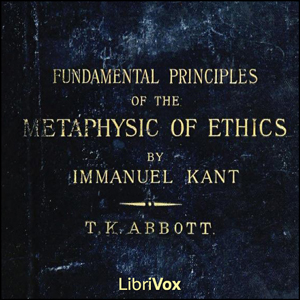- Preface
- Introduction, Part 1
- Introduction, Part 2
- Chapter 1: Some Interpretations of Universal History: Bodin and Le Roy
- Chapter 2: Utility the End of Knowledge: Bacon
- Chapter 3: Cartesianism
- Chapter 4: The Doctrine of Degeneration: The Ancients and Moderns
- Chapter 5: The Progress of Knowledge: Fontenelle, Part 1
- Chapter 5: The Progress of Knowledge: Fontenelle, Part 2
- Chapter 6: The General Progress of Man: Abbé de Saint-Pierre
- Chapter 7: New Conceptions of History: Montesquieu, Voltaire, Turgot
- Chapter 8: The Encyclopaedists and Economists
- Chapter 9: Was Civilization a Mistake? Rousseau, Chastellux
- Chapter 10: The Year 2440
- Chapter 11: The French Revolution: Condorcet
- Chapter 12: The Theory of Progress in England
- Chapter 13: German Speculations on Progress
- Chapter 14: Currents of Thought in France after the Revolution
- Chapter 15: The Search for a Law of Progress: I. Saint-Simon
- Chapter 16: The Search for a Law of Progress: II. Comte
- Chapter 17: "Progress" in the French Revolutionary Movement (1830-1851)
- Chapter 18: Material Progress: The Exhibition of 1851
- Chapter 19: Progress in the Light of Evolution; and Epilogue
John Bagnell Bury was Regius Professor of Modern History at Cambridge University in the early twentieth century. In The Idea of Progress, he assesses the concepts of history found in the classical period and then traces the historical development of the concept of political and social progress by looking at writers from the sixteenth to the nineteenth century. It is interesting to consider what the history of the past hundred years would add to such an analysis. - Summary by Barry Ganong
There are no reviews for this eBook.
There are no comments for this eBook.
You must log in to post a comment.
Log in











